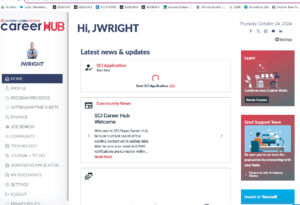You might come across a team of billers and coders in large organizations. However, in small organizations, one person often wears both hats. No matter the organization’s size, medical billing, and coding specialists play a vital role in keeping things running smoothly by supporting allied health professionals. Here’s a look at some of the specific duties these experts are responsible for.
1. Coding Patient Records
Patient’s medical records must be coded correctly for insurance purposes. This step ensures that patients are charged the correct amount for their care. To code patient records, specialists use a system known as the International Classification of Diseases (ICD). The ICD is a book that contains codes for every possible diagnosis. Accurate coding of patient records is essential because it impacts everything from patient care to provider reimbursement.
2. Billing Patients and Insurance Companies
After patient records are coded, medical billing specialists prepare invoices and bill patients or their insurance companies. This process can be complex because many different charges are often involved, such as lab, hospital, and physician fees. In addition, some insurance companies have specific requirements that must be met for a claim to be processed. In such a case, billing specialists must thoroughly understand the care provided and the insurance company’s requirements.
3. Working With Electronic Health Records
In recent years, there has been a shift from paper medical records to electronic health records (EHRs). This transition has made the role of medical billers and coders even more critical. EHRs are complex systems that require a high level of accuracy and attention to detail. Billing and coding specialists must be able to input data correctly and troubleshoot any problems that might arise. Besides, billers and coders must often work closely with other healthcare team members to ensure that EHRs are used effectively.

4. Reviewing Patient Charts
Today, patient charts are often available electronically. A specialist expert will review these charts to ensure that all the information is accurate and up-to-date. They will also look for any coding errors that could result in a claim being denied. Coding specialists use their knowledge of medical terminology and diagnosis codes to make sure the correct coding appears in the chart. Usually, these charts are used with the patient\’s medical history to create a complete picture of the care they’ve received.
5. Applying Coding Standards as Medical Billing and Coding Specialists
Once the specialist has reviewed the patient chart, they will apply the appropriate coding standards. Government agencies and insurance companies set these coding standards. They dictate how diagnoses and procedures should be coded for billing purposes. The medical billing and coding specialist’s responsibility is to ensure these standards are followed. Specialists often use coding manuals or software to help them apply the correct codes. You can’t go against these standards; otherwise, the claim will likely be denied.
6. Generating Claims
After the specialist has reviewed the chart and applied the appropriate coding standards, they will generate a claim. This claim submits to the patient’s insurance company. The specialist will include all the necessary documentation, such as diagnosis and procedure codes. They will also include supporting documentation, such as laboratory results or radiology reports. Once the claim submits, the specialist tracks its progress to ensure a correct processing procedure.
7. Following Up on Claims
It’s not unusual for insurance companies to deny claims. When this happens, the medical billing and coding specialist will follow up with the insurance company to determine why the claim was dismissed. They will also work with the practice’s billing staff to appeal the denial. Sometimes, the specialist may need to resubmit the claim with additional documentation. Following up on claims is an integral part of medical billing and coding.
8. Working With Patients
Another crucial medical billing and coding specialist role is working with patients. Indeed, they might need to help patients understand their insurance benefits or answer questions about their bills. In some cases, they may even need to negotiate payment arrangements. Specialists need to have excellent customer service skills and be able to defuse difficult situations. Their roles might traverse from the technical support team in a medical facility to direct patient care.
As you can see, medical billing and coding specialists play a vital role in the healthcare industry. They are responsible for ensuring that patient charts are coded correctly and that claims are submitted accurately. They also work with patients to help them understand their insurance benefits and answer any questions about their bills. Thus, a medical billing and coding career might be right for you if you’re detail-oriented and have good customer service skills.
Skills Necessary for a Medical Billing and Coding Specialist
Attention to detail is crucial in becoming a medical billing and coding specialist. Experts need to be able to review patient charts and apply coding standards correctly. They must also generate claims accurately and follow up on them if denied. In addition to attention to detail, other essential skills you need to have include:
- Knowledge of medical terminologies
- Organizational abilities
- Understanding basic math
- Computer proficiency
- Strong interpersonal skills
- Lastly, coding knowledge
Become a Medical Billing and Coding Specialist in Texas With SCI
Interested in medical billing and coding careers? SCI can help train on the skills needed to pursue a medical billing and coding career through our online program. We believe online classes will be consistent with your schedule while allowing you to be productive in other areas.
As a leading Texas trading school, Southern Careers Institute focuses on equipping interested individuals with the most appropriate skills that can increase their chances of getting employed. Further, we believe billing and coding skills can give you an opportunity in the medical industry.
Contact us today to seek more information about the online medical billing and coding specialist program at SCI.











